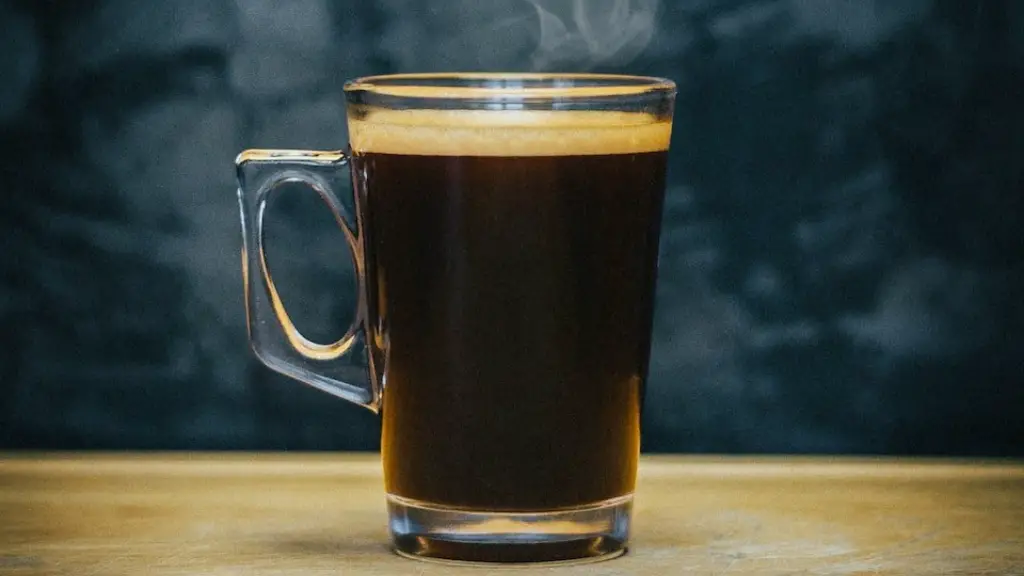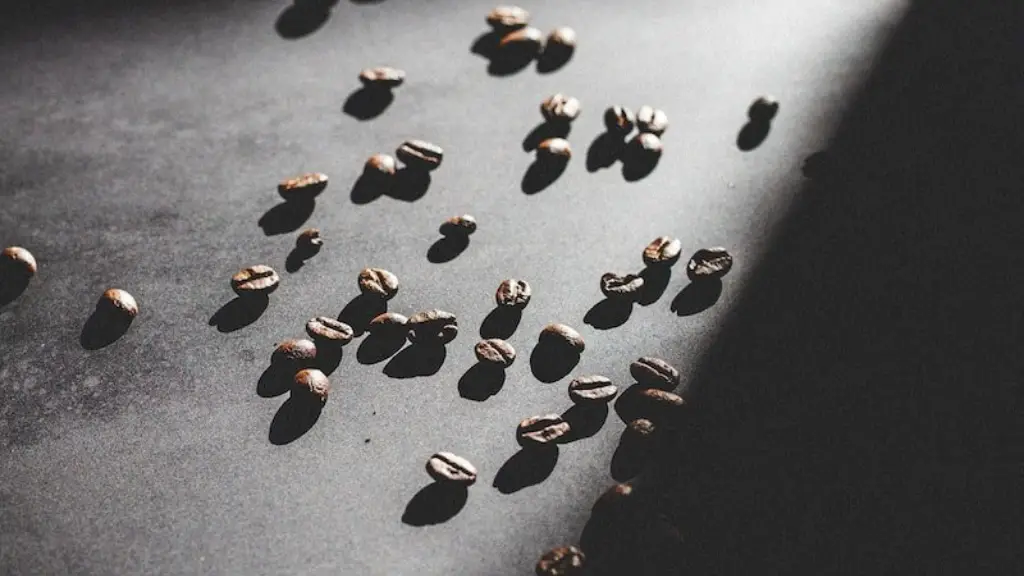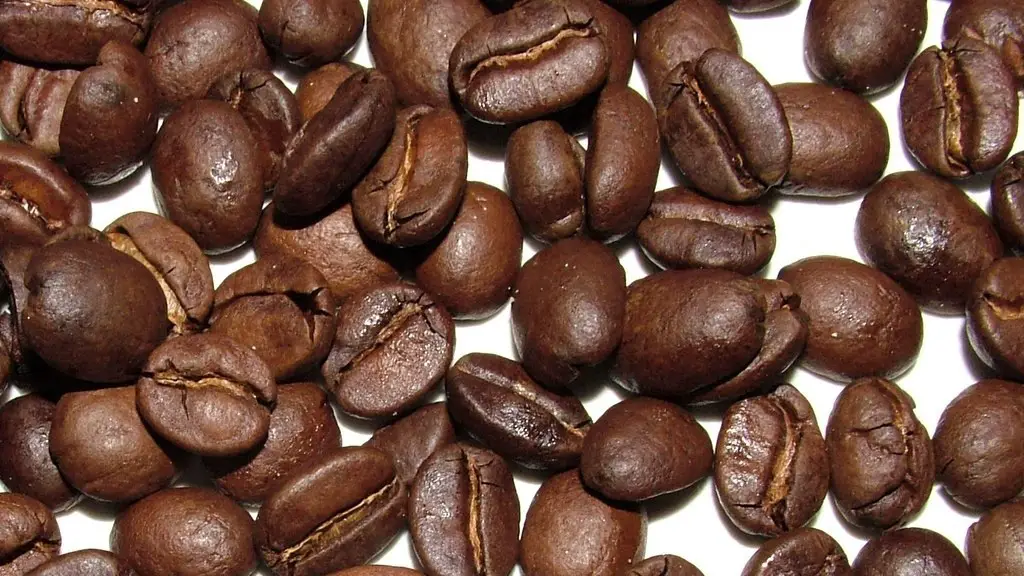Fasting has become increasingly popular over the past few years. All forms of fasting, whether it’s intermittent fasting , extended fasting, or juice fasting have been gaining traction – and the accompanying bandwagon of ‘wonder benefits’. Despite fasting being an ancient medicinal practice, many are still wondering: is it really safe for me to drink coffee whilst I’m fasting?
Coffee has come a long way since it’s global culture explosion. It’s now considered a part of an overall healthy lifestyle and there are hundreds of different types of coffee available worldwide. So, to answer this question – it’s important to examine what we know about coffee and fasting.
The most important point to note is that any kind of caloric beverage consumed while fasting should be avoided. That means any drink containing carbohydrates, protein, or fat should be avoided while fasting. This is because they may interfere with the body’s ability to enter and stay in a state of fasting. Coffee itself does not contain any calories, so it can be consumed during a fast without any issues.
In fact, experts believe that coffee can even have beneficial effects when consumed during a fast. According to a study published in the CellMetabolism journal, consuming coffee during an intermittent fasting regimen can help improve certain aspects of health. Researchers in the study reported that drinking up to two to three cups of coffee a day could help reduce inflammation, improve blood sugar levels, and reduce the risk of type 2 diabetes.
On the flip side, it’s important to note that coffee can also have some negative effects when consumed in large amounts during a fast. According to a study published in the European Journal of Clinical Nutrition, regularly consuming caffeine during a fast can lead to a decrease in energy levels, increased fatigue, and decreased alertness shortly after consumption. Therefore, it’s important to practice moderation while fasting.
In conclusion, it is safe to drink coffee while fasting. However, moderation is key – as consuming too much can lead to negative side effects. Additionally, it is important to make sure you are using quality, high-grade coffee beans to ensure you are getting the most nutritional benefit from your beverage.
What is Fasting?
Fasting is an ancient tradition that has been practiced for centuries. It is a form of periodic abstinence from food and beverages for health and spiritual benefits. In general, fasting involves refraining from eating or drinking for a specific amount of time, ranging from a few hours to several days. Fasts are usually accompanied by periods of nourishment to replenish the body’s lost energy and nutrients, but the actual length and patterns of fasting may vary depending on the individual and their specific goals.
Fasting has become increasingly popular in recent years due to its supposed health benefits, such as improved blood sugar levels, increased energy, enhanced mental clarity, weight loss, and many other benefits. Additionally, fasting is believed to help reduce inflammation, improve digestion, and even stave off chronic disease.
As a result, it has become popular for people to incorporate fasting into their daily lives and utilize it as a form of self-care. While it can be a great practice to involve in one’s self-care regimen, it’s important to make sure you are practicing safely and in moderation.
Does Fasting Have Any Negative Side Effects?
While fasting has been lauded for its numerous health benefits, it is not without some potential pitfalls and downsides. For instance, some of the most common risks associated with fasting include increased levels of stress, dehydration, nausea, dizziness, and headaches. Additionally, if practiced excessively, fasting can lead to fatigue, insomnia, and impaired brain functioning.
Furthermore, fasting can also be dangerous for people with existing medical conditions, such as diabetes, as it can lead to severe fluctuations in blood sugar levels. Therefore, it is important that people properly educate themselves on the various types of fasting and make sure they are taking all necessary precautions if they do decide to participate.
It is also worth noting that not everyone will find fasting beneficial. If not implemented correctly, fasting could lead to a decrease in metabolic rate, digestion, and absorption of nutrients. Therefore, it is important to consult with a healthcare professional before engaging in any kind of fasting regimen.
Are There Alternatives to Fasting?
If fasting is not something you are interested in or just not compatible with, there are many viable alternatives to explore. Exercise is a great way to support a healthy lifestyle and it has numerous benefits such as improving physical and mental health, improving mood, and boosting energy levels. Additionally, making sure you are taking time for yourself and engaging in activities you enjoy is another great way to practice self-care.
Eating healthy and nutritious foods is also an important component of overall health. Eating a balanced diet that contains a variety of whole foods and essential nutrients, such as fruits, vegetables, and nuts, can help support a healthy lifestyle and provide numerous health benefits.
Finally, practicing mindfulness, such as meditation, yoga, or taking time to do something creative, can help reduce stress and promote a healthy state of mind and wellbeing. These activities can also help to fill the gap that fasting can leave in some people’s lives.
What Are the Benefits of Coffee?
Coffee is one of the most popular and widely consumed beverages around the world. It has numerous health benefits and has been associated with a decreased risk of type 2 diabetes, improved cardiovascular health, enhanced cognitive function, and decreased inflammation. Additionally, coffee triggers the release of neurotransmitters, such as dopamine, which can lead to improved mood and enhanced energy levels.
Coffee is also a great source of antioxidants, which helps to protect the body from free radical damage and oxidative stress. Finally, coffee is a great source of caffeine, which can help boost mental alertness and performance, as well as help to support weight loss.
Can Coffee Help with Fasting?
Coffee can be a great tool during fasting. As mentioned previously, coffee does not contain any calories and has numerous health benefits. Additionally, drinking coffee during a fast can also help to reduce fatigue and increase energy levels. However, it is important to note that consuming too much coffee can have the opposite effect and lead to a decrease in energy.
Furthermore, coffee is a great way to help curb cravings during a fast and can help to take the edge off hunger, making it easier to get through the fasting days. For those who are new to fasting, coffee can also be a great tool to help ease into it and reduce the transition.




